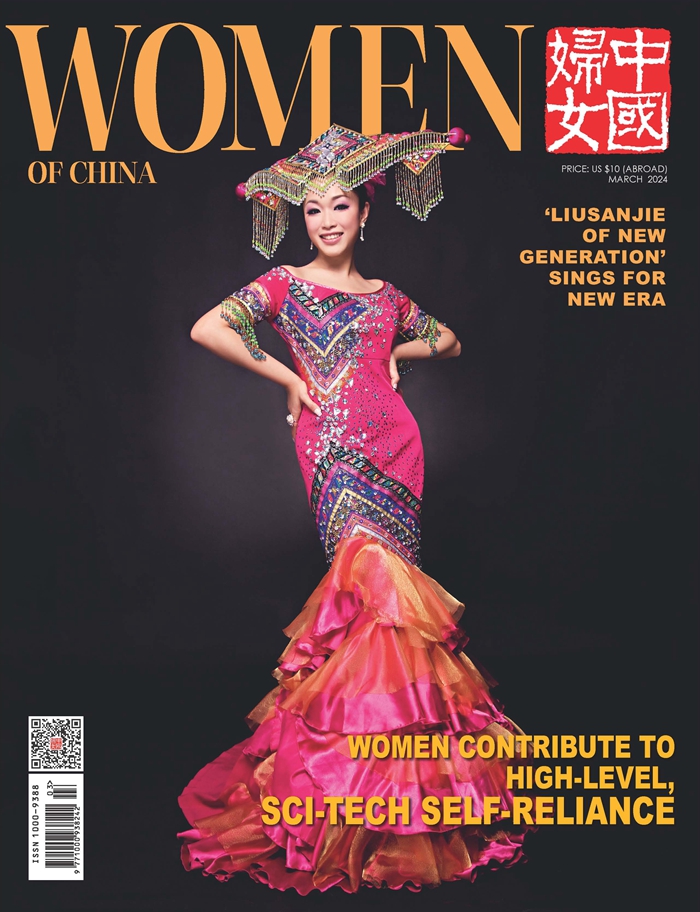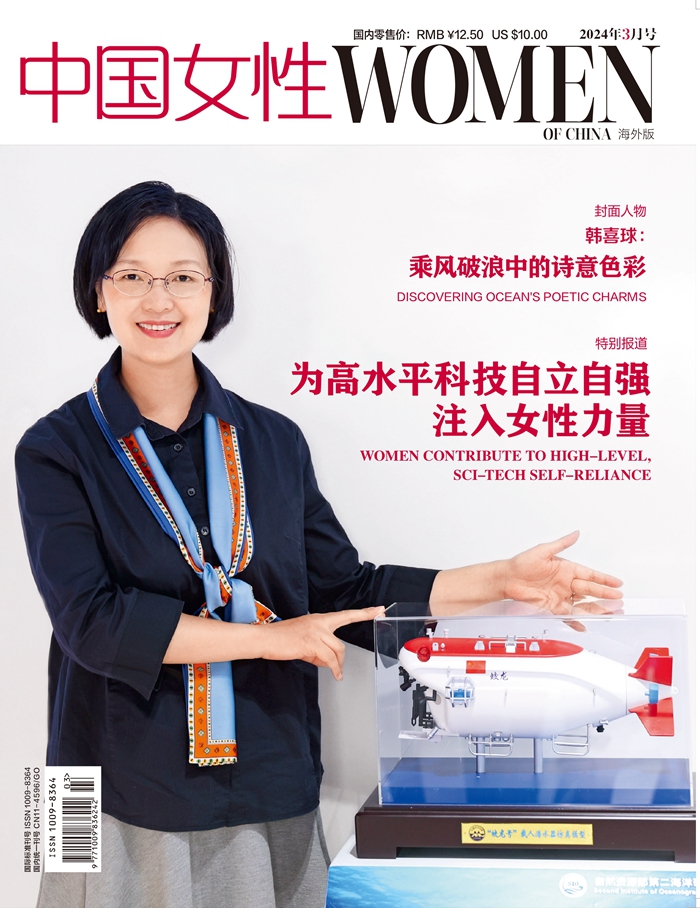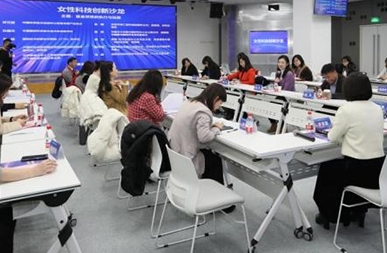Brought to Heel
Chinese women are increasingly prioritizing comfort when it comes to choosing footwear, and it appears that the once well-loved stiletto is taking the hit.
For decades, the stiletto heel was, to many women, a symbol of feminine charm, high social status and success.
But it appears that the footwear is no longer considered as chic as before, judging by how rare it is to see them worn among the Shanghai crowds — usually considered a fashion barometer for China.
The last time Li Ziyan wore high heels was when she attended a job interview a year ago. That same pair of heels, she points out, is currently sitting alongside four others in her closet gathering dust.
"I generally don't wear heels unless I have to attend a very high-profile business meeting, which rarely happens. My colleagues are the same too. In fact, we come to work in sneakers and change into something even more comfortable like slippers when in the office," says the 30-year-old, who currently works for a financial company in Shanghai's Lujiazui area.
For many women of Li's generation, comfort is now the name of the game when it comes to choosing footwear.
In the 2023 fashion trends survey done by Tmall in collaboration with Qingqu Data, 57 percent of respondents said they place equal importance on comfort and elegance.
On Tmall's Target Group Index list, which indicates the preferences of target customers, loafers topped the index with a score of 202, followed by clogs (185) and espadrilles (170). All these shoes come with flat bottoms.
According to a CGTN report, Dr. Martens and UGG topped the sales list of women's footwear during the 2021 Singles' Day shopping extravaganza, which takes place every year on Nov 11.
On the flip side, designer high-heeled shoe brand Jimmy Choo saw a 7 percent reported decline in revenue in the second quarter of its fiscal year 2024, according to Capri Holdings Ltd in November. The corporation attributed the dip to "softening consumer demand".
In a 2021 Bloomberg article, Stephanie Clairet, divisional merchandise manager for fashion accessories and shoes at Printemps, was quoted as saying that other shoe brands, including Louboutin, Sergio Rossi, and Stuart Weitzman, also saw a decline in sales of elegant shoes in 2020.
In the same article, Sandra Choi, the creative director of Jimmy Choo, was quoted as saying that the COVID-19 pandemic has had a part to play in the shift toward more comfortable footwear.
"Lately, my line of shoes is all trainers," said Choi. "I foresee that I want everything to be even more comfortable. I don't think glamour needs to be just on heels."
Xu Xingzhi, associate professor of Shanghai International College of Fashion and Innovation, Donghua University, says this trend signals a redefinition of traditionally gendered styles between generations.
Xu points out that women, especially those who belong to Generation Z, are less inclined to wear high heels regularly, because their focus is on wellness, self-expression and personal empowerment instead of matching the cookie-cutter model of success in modern society.
She also notes that today's youth have less need for the added height heels provide as average heights have increased. Research published in medical journal The Lancet claims that between 1985 and 2019, Chinese women aged 19 were, on average, six centimeters taller at 163.5 centimeters.
Conversely, heel heights have been declining for almost a decade, according to an article by Fashion Network.
"From 2012 to 2015, heel heights greater than 100 millimeters still dominated Kurt Geiger's sales, generating around 60 percent of its turnover. However, looked at from 2013 to 2020, the most popular heel height was in the range of 75mm to 95mm," the article notes.
The topic of wearing high heels is one that has been widely discussed on Chinese social media sites like Xiaohongshu, or Little Red Book, and Weibo. Many of these posts feature photos that seemingly prove how only a handful of commuters today wear high heels or formal shoes to work.
In one post titled "Are Chinese girls abandoning high heels?" on Zhihu, which is similar to Quora, the most-liked comment is one that reads: "I have ownership of my body, and I want to make myself comfortable."
Companies have seemingly responded to this growing trend. Fashion labels, for example, have all been rolling out fancy flats and sending models down the runway wearing them. The Loop Bouquet pointed-toe flat was among Prada's Fall Winter 2023 collection, while Patos pointed leather flats were featured in Tory Burch's Fall 2023 show.
High-end designer brands have also been increasingly embracing streetwear, seeing many have introduced their own sports footwear collections. A 2018 Reuters report stated that luxury brands like Gucci, Prada and Balenciaga have been looking to sneakers for growth.
Even brands that are known for their heels have gone the same route. Christian Louboutin and Roger Vivier, for example, have, in recent years, rolled out their own sneakers to tap the growing demand.
But it's probably safe to say that heels won't quite fade into oblivion just yet.
"People in fashion-related industries, and those with strict dress codes, are still required to have high heels," Xu says.
"Consumers are still willing to shell out cash for the elegance and formality of those shoes, particularly for special occasions like weddings and grand parties," she adds. "As shoe designers are aware of consumers' growing concerns about comfort and making adjustments, it is hard to say that high heels have a bleak future."
Chen Ying, who works for a beauty conglomerate, echoed this sentiment.
"I still wear heels when attending meetings with clients. I also wear them when I go on dates," she says.
"Even though I don't wear heels very often anymore, I don't think I will ever stop buying them because they allow me to fulfill my 'princess fantasies'."
(Source: China Daily)
Please understand that womenofchina.cn,a non-profit, information-communication website, cannot reach every writer before using articles and images. For copyright issues, please contact us by emailing: website@womenofchina.cn. The articles published and opinions expressed on this website represent the opinions of writers and are not necessarily shared by womenofchina.cn.








 WeChat
WeChat Weibo
Weibo 京公网安备 11010102004314号
京公网安备 11010102004314号